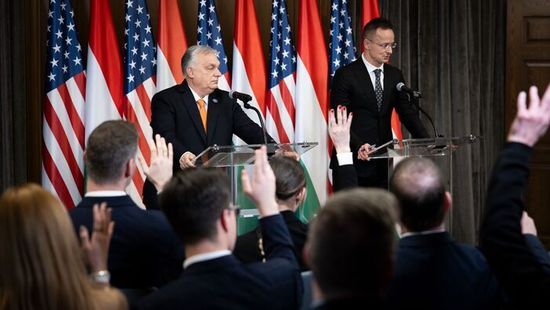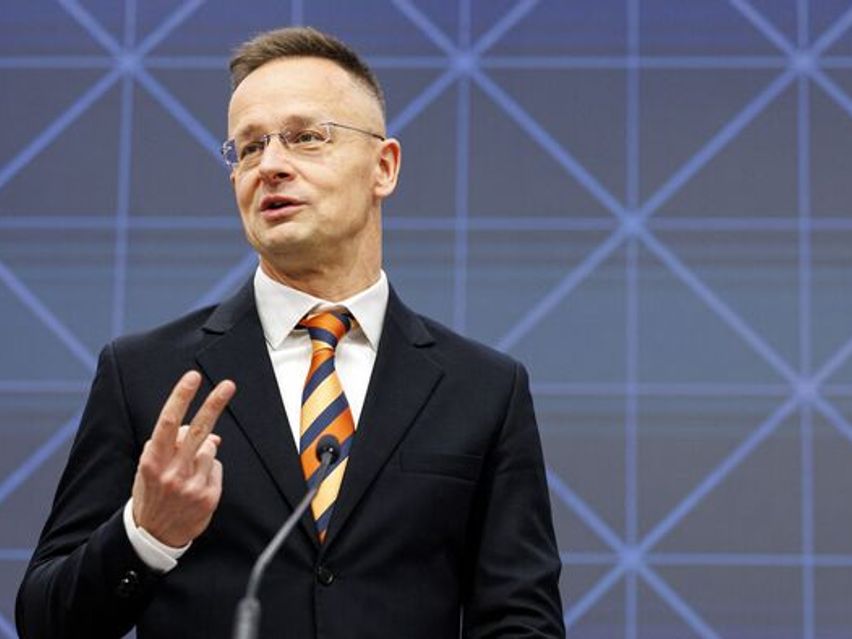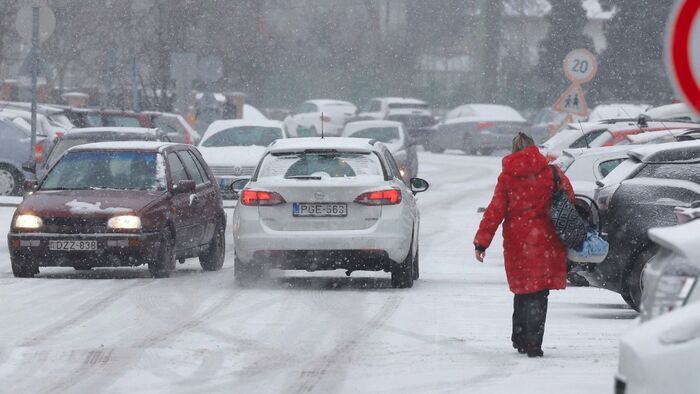What do you think about Fidesz’ decision yesterday to leave the European People’s Party (EPP) Group and seek a new direction for Europe’s right?
– I find Prime Minister Viktor Orbán’s move a remarkable and exemplary decision. It’s especially important for the conservative right. To be honest, it was incomprehensible to me that Fidesz stayed a member of the EPP for so long. I’m not just referring to the growing conflicts, but also the Group’s shift towards the left. Many of their members have nothing to do with the conservative worldview. Think of Angela Merkel’s party that approved same-sex marriage or the multiple member parties supporting migration. These are starkly opposed to the political force led by Viktor Orbán, representing the protection of the national and European identity, the traditional family, the Christian roots at the heart of it all, and putting an end to illegal immigration. He was the one who warned that migration is not just a question of domestic security, but also a source of civil conflict.
What effect could the Hungarian decision have on other EPP members parties?
– I see Fidesz’ decision to leave the People’s Party as a gesture of defending democracy. No matter how contradictory it may seem due to the Western press’ passion of portraying the Hungarian Prime Minister as a dictator, he continues to be the one who represents the people who elected him. Democracy within a country can only happen according to the will of its citizens. So-called international democracy is not possible. I believe that European conservative forces, like Orbán, must fight for the importance of democracy, because the globalist approach seeks precisely to deprive citizens of the opportunity to make decisions. I also see democracy being defended in rejecting governmental interferences. A national parliament cannot accept the European Union’s legal system without any reservations, but this is the exact goal, to circumvent local ruling. Fidesz’ withdrawal could inspire self-awareness in other parties, and more may leave – I am thinking of the Czech and Slovak counterparts for example.























Szóljon hozzá!
Jelenleg csak a hozzászólások egy kis részét látja. Hozzászóláshoz és a további kommentek megtekintéséhez lépjen be, vagy regisztráljon!